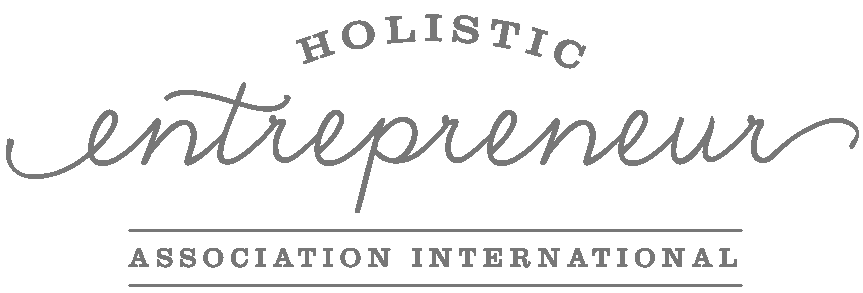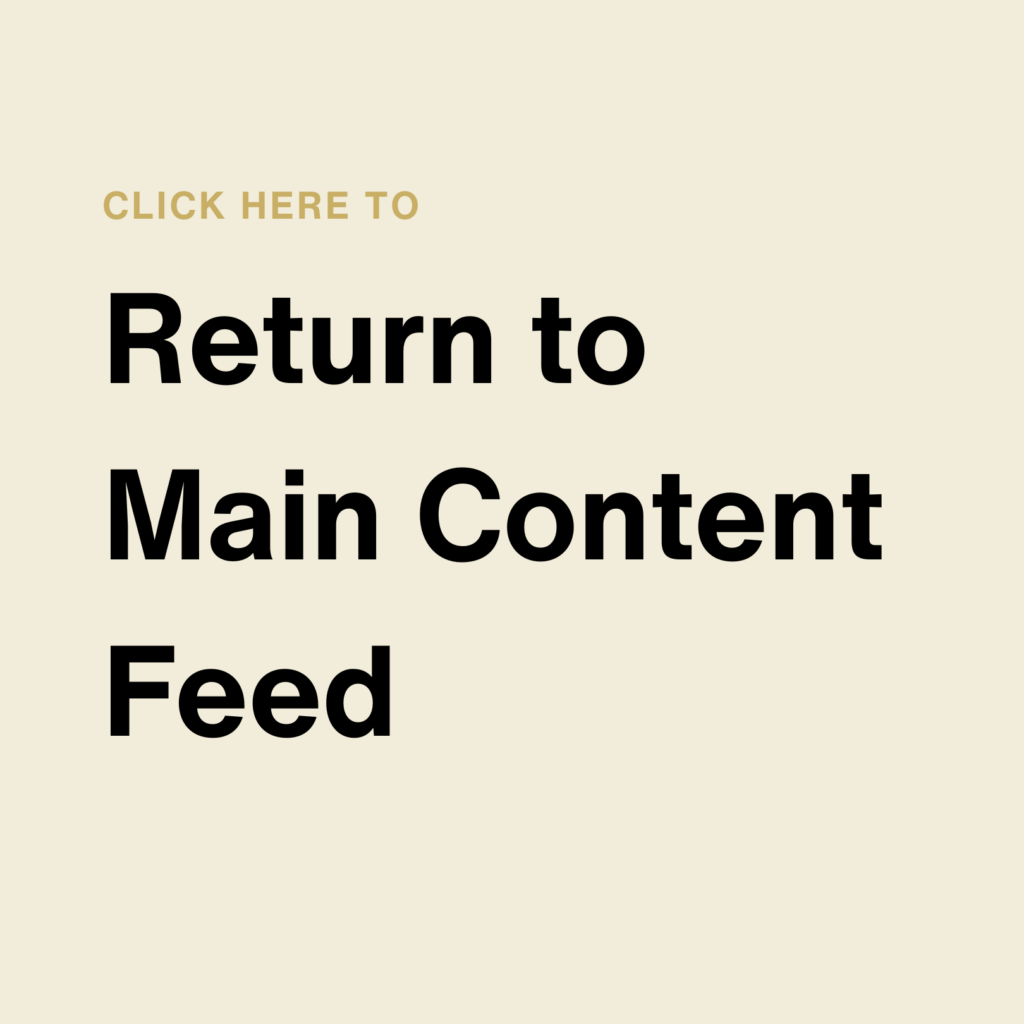by | | Curated Content
October 30th 2024
–
WellBeing Magazine
–
Explore how AI-powered MRIs, retinal scans, and biohacking tools aim to revolutionise health diagnostics and longevity.
Silicone valley savants call it biohacking the DNA as if their singular smarts could magically be utilised to realign nature’s divine template. In the age of the measured self, when we’ve become addicted to a range of technological wizardry from aura rings to smart phones and even smart mattresses providing us with data to optimise our performance and outsmart and outlive the relentless march of time, there’s seemingly no end to the steps we’ll take to remain forever young.
For starters, how about a full-body MRI? For those who want a panoramic vista of any lump or growth that might be a lethal, evolving cancer, which once identifi ed and removed, can pre-empt a mounting catastrophe, look no further than a whole-body MRI. No doubt this sophisticated technology with its capacity to uncover hidden cancers in their early stages when we are still feeling well, and which is yet to cause any harm, is an undeniable boon. There are many who are choosing to have this test along with other selective organ scans using equally avant-garde investigative tools to discover if there is anything that needs to be removed or actioned before a disaster sets in.
A close relative and a medical specialist once possibly wisely advised me to never allow them, being other doctors, to investigate because they might think they’ve found something. Then the testing leads to an unnecessary cascade of further investigations with its attendant complications and endless worry. The end result might be inconclusive, and you end up none the wiser than where you started off .
The same might be said of the MRI body scan. For every one life that is saved, many more might incur immeasurable anguish by what is suggested. Not to worry, research scientists have arrived at a dazzling new innovation that will put all of our unease to bed. Enter the fi ve-minute MRI powered by AI that will enable scans to be completed at 10 times the speed of conventional technology with the added bonus of providing more clinically accurate diagnostic imaging. This level of refi nement might also enable innocuous lumps to be identifi ed as such, which would preclude the need for further unnecessary exploration.
Similar innovations can be incorporated to enhance the capacity of the brain MRI. While it can be used to uncover the early neurological transformations which herald the onset of dementia, these anatomical alterations identifi ed by MRI are not always specifi c, meaning that something else might be going on that is not Alzheimer’s. AI eliminates this uncertainty, allowing for sensitive and accurate early detection of the pointers to brain degeneration before they are set in stone. For those who are concerned that early memory loss might be marching them towards immutable mental decline, AI can be used to either reassure you that your forgetfulness is simply a natural feature of ageing or a harbinger of greater concern.
If you don’t want to spend your time bunkered down in the claustrophobic confi nes of an MRI machine, how about sampling a retinal scan guided by AI oversight? Imaging of the back of the eye can not only be used to predict the emergence of diseases of the eye, it can now also provide a window into the future emergence of neurodegeneration, heart disease and stroke. Retinal scans that suggest the arteries of the heart are fi lling up with toxic balls of fat would determine the necessity for having blood tests and other investigations such as a coronary angiogram or a CT scan of the heart. This would quantify a calcium score, which documents that the blood vessels of the heart are vulnerable, identifying all those risk factors that need to be countered to circumvent a cardiovascular catastrophe.
We might not be able to bio-hack our DNA, but AI might enable us to get closer to the holy grail of immortality.
Article Featured in WellBeing Magazine 212
The post Biohacking the DNA, MRIs and AI appeared first on WellBeing Magazine.
Read the full article here:
Biohacking the DNA, MRIs and AI
by | | Curated Content
October 4th 2024
–
WellBeing Magazine
–
Kickstart your career in healthcare with Torrens University’s Diploma of Health Science. Flexible, practical, fulfilling.
Ever caught yourself daydreaming about a career in health? Whether you’re stepping into the workforce for the first time or thinking about switching careers, navigating these changes can seem like a complex challenge. But isn’t it fundamentally about chasing something more fulfi lling? And, really, what better way is there to boost your wellbeing than by pursuing what truly makes you tick? If the healthcare sector is where your heart lies, then a degree at Torrens University Australia could be your golden ticket.
Torrens University’s Diploma of Health Science is one of many options to help kickstart your career in health. This one-year qualifi cation lays the foundational knowledge and skills you need. From here, you can seamlessly progress, transferring a year’s worth of credits towards a bachelor’s degree in areas such as Naturopathy, Nursing, Counselling or Psychological Science. This means shaving off both time and expenses from your degree journey, all while skipping the redundancy of relearning what you’ve already mastered in the diploma.
You won’t be stuck with your nose in dusty textbooks, either; you’ll engage directly with experienced professionals who are knee-deep in the industry themselves. Torrens University also offers flexible learning options, including online courses, allowing you to fit your study around your life, not the other way round.
Think your current gig is worlds apart from healthcare? Take a leaf out of Grace Hermocilla’s book. She waved goodbye to her job as a fi nancial auditor for a more purposeful role that took her from teaching English abroad to humanitarian work. Eventually, she pursued the Diploma of Health Science at Torrens University as a gateway to a degree in Chinese Medicine.
“The diploma gave me a practical understanding of the health sector and boosted my confi dence to pursue Chinese Medicine at a higher academic level,” says Hermocilla, whose story exemplifi es the transformative potential of aligning career with passion.
“When I decided to explore roles in healthcare, I went to an open day at Torrens University to fi nd out about their Natural Therapy courses. On that day, I learnt about aspects of Chinese Medicine, and I realised that its philosophy and everything about Chinese Medicine made sense to me,” she says, adding that she was drawn to the potential for work-life balance and the satisfaction of making a positive difference.
“For me, the ability to achieve a work-life balance, start my own business and make a decent salary, fi nd creativity in my job, combine offi ce work with my clinical practice and, most importantly, work with patients and a passion to treat people naturally were all the reasons why I chose to study and move into the health sector.”
Chloe Hilaire also redirected her career path towards healthcare through the Diploma of Health Science at Torrens University, motivated by a decade of culinary experience and a newfound interest in the nutritional value of food. “After working in Spanish kitchens, I knew I wanted to study more about the benefi ts of food rather than just the taste, texture and presentation,” she says. Hilaire’s diploma proved to be the perfect blend, solidifying her foundation in health science and steering her towards her current degree in Clinical Nutrition. “Health is a great sector to study as you can implement all that you learn into your own life.”
Indeed, Torrens University graduates have spread their wings far and wide across the healthcare landscape, from public health to sport development. They’ve carved out niches in private practice, teamed up in integrative health clinics and strengthened community health settings.
The university’s year-long diploma is structured to provide students with a comprehensive foundation in health sciences, tailored to various interests through a selection of core subjects and electives. The program covers fundamental topics such as Biological Foundations and Human Physiology, and branches into specialised areas such as Complementary Medicine Foundations and Botany and Herbal Manufacturing, depending on the student’s chosen path. This versatile structure is designed to accommodate diverse interests and career goals, making it an ideal starting point for many careers in health, from clinical settings to community health and wellness sectors.
“Some amazing roles come from the Health Science courses,” Hilaire points out. “I have seen alumni create their own health and wellbeing businesses, be guest speakers at events and symposiums and run health retreats, to name just a few of the possibilities that are open to you when you complete your studies.”
If the idea of studying brings up that niggling voice of doubt, Hermocilla off ers this reminder: “Focus on the end goal. All the subjects are stepping stones towards what you really want to do.”
Article Featured in WellBeing Magazine 212
The post Find your future in healthcare appeared first on WellBeing Magazine.
Read the full article here:
Find your future in healthcare


